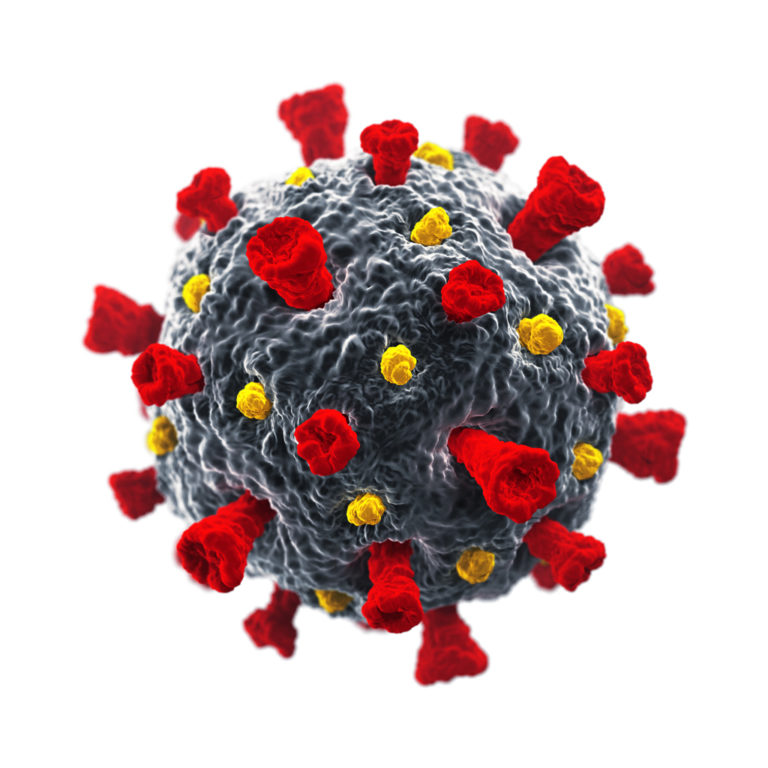Jamie Chang, M.D.
Principal Medical Director

Jamie Chang, M.D.
Principal Medical Director
Melding clinical pragmatism with scientific rigor to better plan and conduct high-quality clinical trials, Dr. Jamison Chang is a board-certified internist with over 15 years of clinical experience. While his experience includes a broad range of disease entities (in both ambulatory and hospital settings), a significant portion of Dr. Chang’s clinical practice has been focused on the diagnosis and treatment of pulmonary disease.
Over the course of his clinical career, Dr. Chang has diagnosed and treated patients with numerous pulmonary conditions including asthma, emphysema and chronic bronchitis as well as cystic fibrosis lung disease. In addition, Dr. Chang has co-managed patients with pulmonary hypertension as well as a variety of interstitial lung disease. Dr. Chang’s collective experience in pulmonary disease has allowed him to more keenly understand the unmet needs in this therapeutic area and help sponsors design development programs around the specific needs of their target population.
Upon completion of his residency and chief residency at the University of North Carolina Chapel Hill, Dr. Chang obtained additional training in nephrology. He also obtained a master’s degree in clinical research (MS-CR) during the course of his renal fellowship, which allows him to utilize his clinical knowledge to better design and execute clinical trials; increasing the probability that sponsors may achieve their goals in their development programs.
Why Pulmonary Disease?
“Pollution and a changing environment have been linked to an increasing prevalence of pulmonary disease globally. Along with this increase in pulmonary disease prevalence, we are also seeing associated morbidity and mortality. I am eager to help develop therapies for pulmonary disease that may lessen this burden.”
This is what drives Dr. Chang:
“I’m actually driven by the need to help others. So when I realized that there were still a significant amount of unmet needs across many disease areas, given my clinical experience … I felt the need to share this knowledge and help develop therapies that would bring meaningful benefits to these patients.”
Content by Jamie Chang, M.D.

Webinar
Using Advanced Data Visualization To Power Up Clinical Trials
It’s in the collective best interest of research sponsors, participants, and sites to get clinical trials up and running faster and with the right safety surveillance mechanisms in place. But all too often, challenges and complexities stand in the way of efficient trial activation, enrollment, and post-activation monitoring.
However, there’s an opportunity to overcome these barriers with a reimagined take on data reporting: We know that existing data can get lost and underutilized beneath piles of raw numbers. That’s where data visualization comes in—giving datasets the structure they need to be seen and put to action for more efficient clinical research.



Webinar
Development Advice for Gene Therapy Products
In July 2018, FDA Commissioner Scott Gottlieb released a statement on the FDA’s efforts and commitment to advance gene therapy. The statement included the announcement of six new or revised guidance documents related to the development of gene therapy products. This webinar will review Commissioner Gottlieb’s statement, provide an overview of the six guidance documents, and discuss the implications for development of new gene therapy products from the perspective of regulatory strategy, clinical development, pharmacology/toxicology considerations, and CMC development.


Blog Post
Changes to Study Visits and Assessments During COVID-19: Subject Safety Considerations
The COVID-19 pandemic has understandably generated a surge of concern among clinical researchers about how best to minimize the risk to study subjects of exposure to COVID-19 while also preserving study integrity and a favorable risk-benefit of study participation for subjects. In general, research principles don’t change because the world is going through a public health crisis, and the principles of Good Clinical Practice, risk-benefit, subject safety, and ethics remain as fundamental priorities of clinical research.


Blog Post
Accentuate the. . . Negative: The Importance of Publishing Negative Clinical Study Results
Negativity often gets a bad rap, but not when it comes to scientific research. Jamie Chang discusses how focusing on the negative can bring about positive advances in clinical research.


